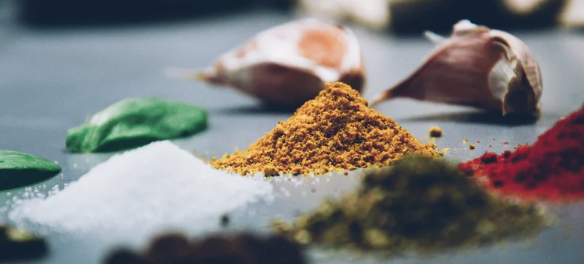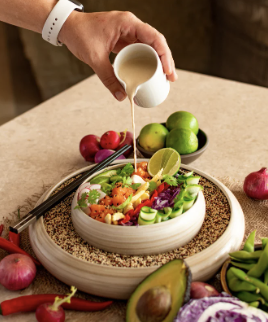Inflammation, a fundamental and intricate component of the body’s defense mechanisms, serves as a protective response to injuries, infections, and harmful stimuli. While acute inflammation is a vital aspect of the immune system’s ability to safeguard the body, chronic inflammation can lead to a cascade of health issues, particularly with autoimmune conditions. Understanding the interplay between inflammation and autoimmune conditions unveils the complexity of the processes, offering insights into potential avenues for therapeutic interventions and emphasizing the significance of managing inflammation for overall health and well-being. The intricate relationship between autoimmunity, inflammation, and our dietary choices has far-reaching implications for our overall health, and understanding the link between them empowers us to make informed decisions about our lifestyle, particularly our diet.

The foods that we consume play a critical role in influencing the body’s inflammatory responses. A positive effect or anti-inflammatory response is seen with whole foods consumption such as fruits, vegetables, whole grains, nuts, and seeds. Other foods that are increasing in consumption globally, and can be inflammatory, are processed, high in animal fat, and high in processed sugar. Understanding the impact of dietary choices is essential for those looking to manage or prevent chronic inflammation.
Fruits and vegetables are rich in antioxidants, vitamins, and minerals that are potent antioxidants and allies against inflammation and support the immune system. Berries, leafy greens, and colorful vegetables provide a variety of anti-inflammatory compounds. Some great options to boost health are citrus fruits, legumes, onions, wild blueberries, kale, spinach, tomatoes, apples, and broccoli to name a few. Aiming to consume 5-6 cups of fruits and vegetables a day is optimal to support inflammation. It may seem like a lot but breaking it down throughout the day will make it more manageable and achievable.

While fats often receive negative attention, there are essential fats that aid in inflammation reduction. Omega-3 fatty acids such as alpha-linolenic acid (ALA), eicosapentaenoic acid (EPA), and docosahexaenoic acid (DHA) are all omega-3 polyunsaturated fatty acids that mitigate inflammation. Consuming foods high in omega-3s aids the body in producing metabolites that can help to mediate the body’s inflammatory response and turn on its healing response to support tissue repair and damage. They also support the gut microbiome which is also a factor that plays an important role in inflammation. Some great healthy fat sources are found in fatty fish such as salmon, mackerel, anchovies, herring, and sardines (SMASH fish is a great acronym to remember them by). These help to regulate the body’s inflammatory process and can contribute to a balanced immune system.
Lastly, herbs and spices are great anti-inflammatories and can add wonderful flavor to foods. The beautiful and popular Indian spice turmeric has been used since ancient times in cooking and contains the antioxidant curcumin, a powerful anti-inflammatory. Ginger is a versatile spice that can be used in cooking and enjoyed in beverages, hot or cold. It contains 100 active compounds and is responsible for reducing inflammation. Cardamom, a spice native to Southeast Asia, known for its sweet, spicy, and complex flavor has been shown to reduce inflammatory markers in the body. There are so many more. Adding fresh or ground spices and herbs to meals helps to add color to meals, after all, we eat with our eyes first, elevate the flavor profile to the next level, and help to reduce inflammation.

To navigate the complexities of autoimmune disease and inflammation, it is important to use diet and nutrition as one of the tools to support health and wellness. By embracing a diet that prioritizes fruits, vegetables, and spices, we not only fortify our bodies against inflammation but also pave the way for a healthier, more vibrant future. So, let our plates be our medicine, and let the bounty of nature guide us towards vitality.
Loved this post? You can connect with Kari directly on the Health Haven app! Download and register today, or Nutrition from the Ground Up / email Kari at kgrumeretz@nutritionftgup.com.
